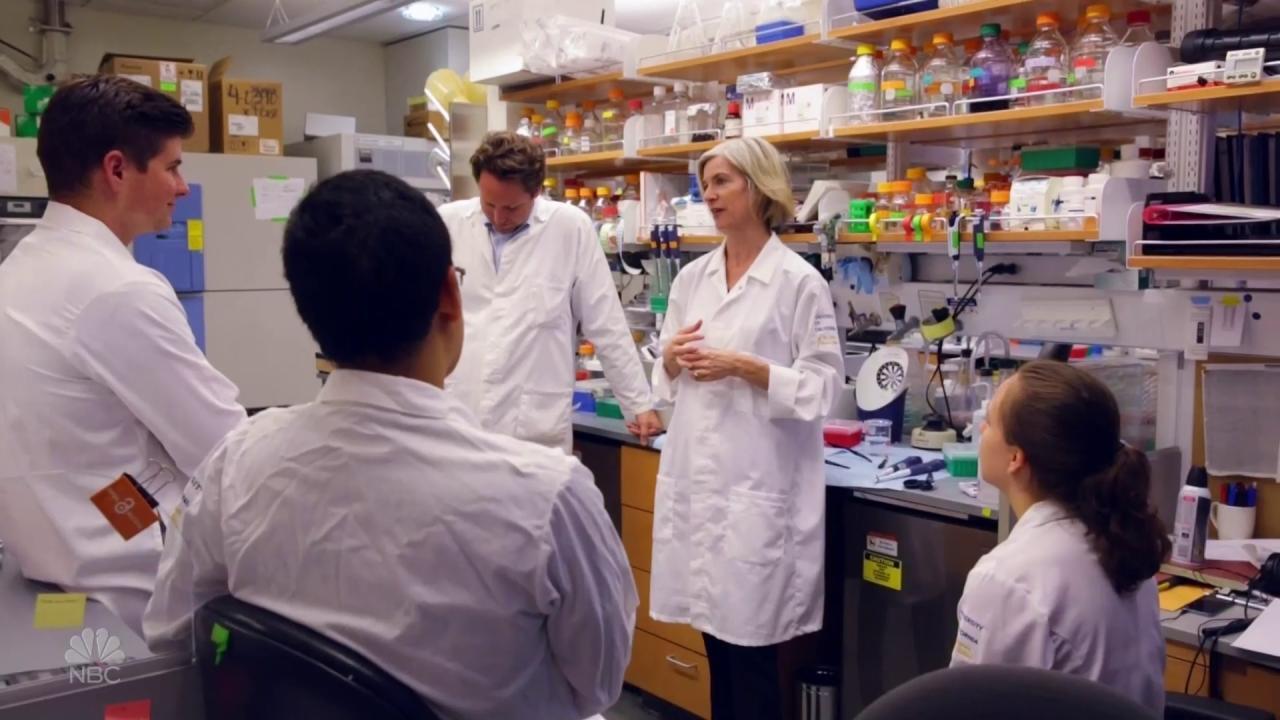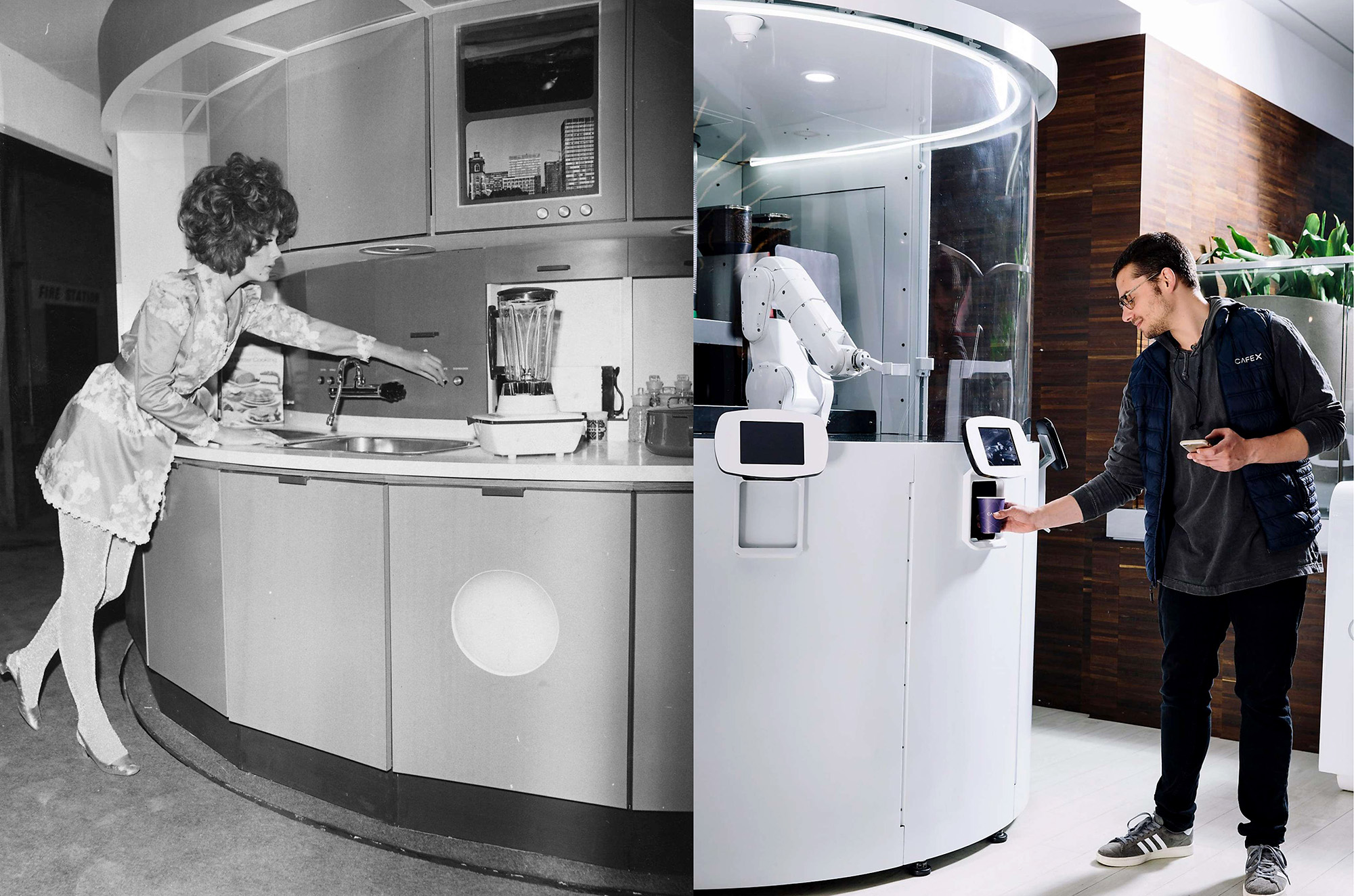Boston Dynamics demo clip shows we are not quite living in an i, Robot future – even if the machines can skate better than you can.
Get the latest international news and world events from around the world.


The Government Must Review What Bioresearch Journals Publish
It’s getting too easy to create dangerous viruses. The upcoming national biodefense strategy should ensure that scientific journals don’t help terrorists learn how.
The news that researchers have recreated an extinct cousin to the smallpox virus using only commercially available technology and items purchased over the Internet renews concerns that bioterrorists could do the same if detailed information about the methods were published. Here’s the problem: scientific journals are geared toward publication, often without sufficient understanding of the public-security risks. We need a better system to ensure that information that could help bad actors stays unpublished.
It took David Evans’ team of scientists at the University of Alberta in Edmonton, Canada, about six months and $100,000 to recreate the horsepox virus, a close relative of the smallpox virus that killed perhaps 300 million people in the 20th century before it was eradicated in 1980. In a summary of the research, the World Health Advisory Committee on Variola Virus Research wrote that “recreation of such viral genomes did not require exceptional biochemical knowledge or skills, significant funds, or significant time.”
Edinburgh University scientists find 91 volcanoes under Antarctic ice
A team of scientists unearthed a volcanic region previously hidden under ice sheets, with the geologist who led the team warning of destabilising consequences.
Edinburgh University researchers uncovered almost 100 volcanoes – with the highest almost as tall as Switzerland’s 3,970-metre Eiger.
Geologists think the region, which sits two kilometers below ice in west Antarctica, will dwarf east Africa’s volcanic ridge, which is rated as the world’s densest concentration of volcanoes.

9 Proofs You Can Improve Your Brain Power
The human brain is probably the most mysterious organ in our body, scientists keep learning new facts about its work, but it still hides lots of secrets. There are a few simple ways to boost your intellect and improve your brain power and they will surely surprise you!

Future of Food | San Francisco Chronicle
“Tracing the next generation of farms, restaurants and kitchens in the Bay Area and beyond”

6 ways to make sure AI creates jobs for all and not the few — By Stephane Kasriel | World Economic Forum
“If, as The Wall Street Journal suggests, we think of AI as a technology that predicts, it’s much easier to map its impact. We must push ourselves to do that and understand the future of work.”
Rethinking Innovation and Scale | Stanford Social Innovation Review
“An organization, and ultimately its impact, can be fundamentally defined by how it manages the dual challenge of innovating and building on its existing strengths, or ‘scaling’ as Johanna Mair and Christian Seelos suggest in their new book, Innovation and Scaling for Impact.”
